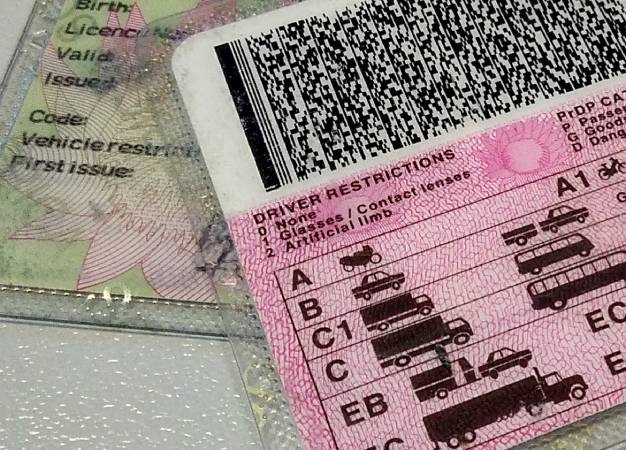• AARTO brings about the points demerit system.
• If a licence is cancelled thrice, the driver will need to redo learner and driving licence tests.
• Companies will need to keep details records of drivers.
• For more motoring stories, go to www.Wheels24.co.za
In a bid to help improve South Africa's road safety record, President Cyril Ramaphosa has signed the new Administrative Adjudication of Road Traffic Offences (AARTO) Act into law. This law brings far-reaching changes to the liabilities faced by, and recourse available to, South African road users, including any business engaged in logistics and transport.
The most significant change of the law is that it introduces the long-anticipated points demerit system.
In this system, a driver will accrue points when they commit offences stipulated in the Act, including the familiar range of road violations. If the points reach beyond 12, the driver's license will be suspended for three months.
Drivers have a maximum of three licence cancellations, and from there on they will be disqualified. This means the driver would have to retake the required tests, including the learner's exam and driving practical to be allowed to drive again.
Along with this change in scope is an expansion of defining liable parties. This scope is significant for any company that owns and operates vehicles or employs staff as drivers. In the past, the responsibility of a violation would be on the company. Under the Aarto law, the driver can now be held liable and accrue demerit points. Likewise, the vehicle will also accumulate demerit points for issues such as broken lights or other road-worthy concerns.
This approach gives companies much more control to sufficiently manage the legality of its drivers and roadworthiness of its fleet. But Aarto also places new responsibilities on businesses. For example, it is now required that a company checks a driver's points status before permitting control over a vehicle.
Companies should also keep a detailed record of information on each driver. Failure to do so is an indirect violation and can land the business and its fleet in trouble even if the employee was at fault.
The firm also will need to apply for matters such as designating liability, checking a driver's status, or disputing fines through different channels requiring different forms. In other words, greater flexibility requires more administration and management.
Yet, taking a struggling economy and a heightened focus on costs into consideration, are companies in a position to take advantage of these channels and still comply with the Aarto Act? Many will feel that they are not able to. Fortunately, they can find the solution in Temporary Employment Services (TES).
South Africa has many qualified and skilled professionals, including drivers, fleet managers, and administrators. However, there aren't yet enough permanent opportunities for them so such employees can be used very effectively in short-term contracts. For example, if a driver can no longer operate due to a suspended license, a TES can provide a skilled and vetted driver to make up for the shortfall.
The value of a TES is increased as they can assist in handling and managing the administrative framework and requirements set out by Aarto on behalf of businesses to ensure they are adhered to.
Image: Motorpress
In other words, a top TES with a proven track record and visible history can create the flexibility companies need to navigate both Aarto's requirements and advantages, within constrained budgets. Yet the TES needs to have robust and engaged legal staff to advise on the right Aarto strategies.
The TES must be able to vet employees to the needed requirements, such as their qualifications to drive for a business, including people carriers and dangerous goods. It must also look after those employees, supporting them with training and induction courses, as well as medical cover and access to a provident fund.
A reputable and reliable TES provides holistic support for the employees it represents. Such employees are then equipped to make the right and best decisions for a company, its fleet and its drivers. The requirement is particularly poignant for the many companies operating as essential service providers. A lapsed license or impounded
vehicles can quickly become a serious problem under the current circumstances. But the right TES can help cut through the noise and ensure continuity as well as Aarto compliance.




 Publications
Publications
 Partners
Partners













